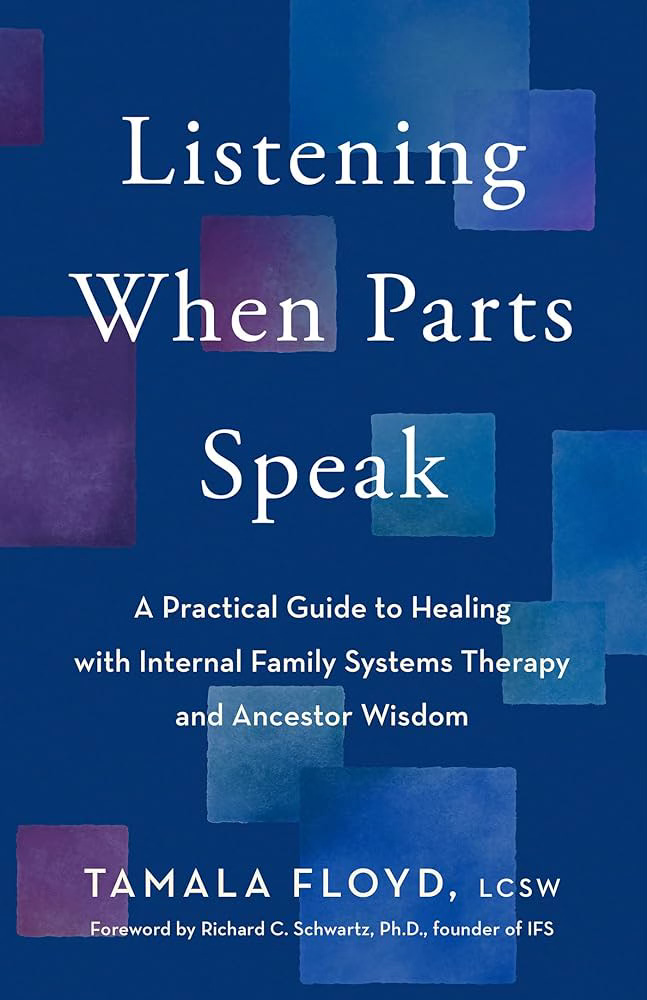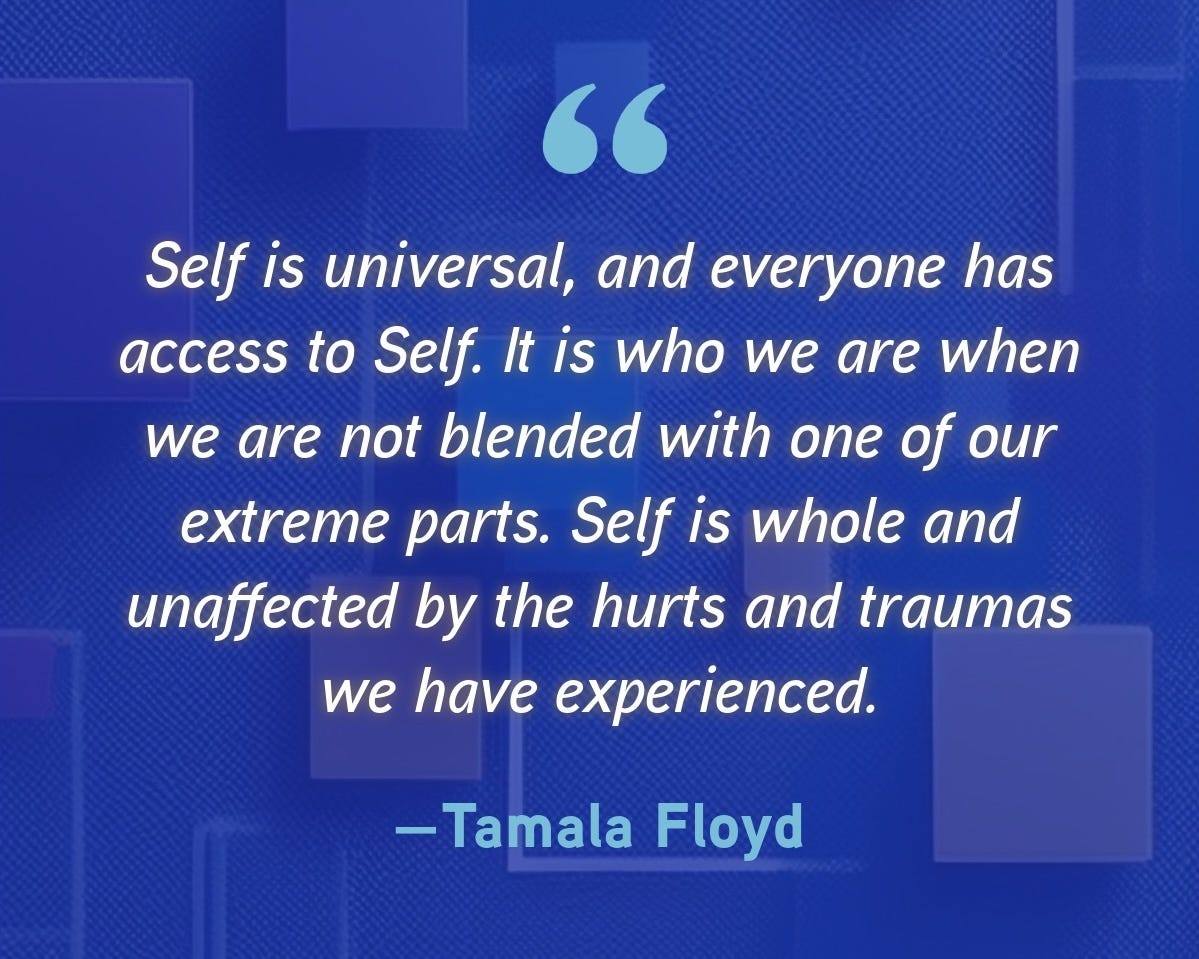Listening When Parts Speak by Tamala Floyd: Unlocking the Power of Internal Family Systems
A Compassionate Introduction to Healing Through Self-Connection and Parts Work for Beginners
Listening When Parts Speak by Tamala Floyd is a gentle yet profound introduction to the world of Internal Family Systems (IFS). For anyone new to this therapeutic model, the book serves as both a roadmap and a companion for beginning the journey of understanding and healing our inner worlds.
At the heart of IFS is the understanding that we are all made up of parts—subpersonalities that have developed to protect or guide us, often shaped by past experiences. Tamala Floyd masterfully introduces these parts in a way that feels accessible to newcomers while honoring the complexity of the model. For those unfamiliar, the book does an excellent job of presenting this key concept in simple terms: each of us has parts that carry burdens, and when we learn to listen to them with curiosity and compassion, we can move toward greater healing and wholeness.
What I appreciate most is the way Floyd emphasizes Self-leadership—the core of IFS. She describes the Self as the essential, undamaged core of each individual, capable of leading the internal system with qualities like calmness, clarity, and compassion. For readers new to IFS, this book serves as an invitation to discover and connect with that Self-energy, a pivotal step in finding peace amidst the chaos of inner conflict.
The author provides several practical exercises throughout the book, gently guiding the reader through the process of identifying their parts and beginning conversations with them. These exercises are laid out clearly, with examples that help newcomers understand what it looks like to "speak" with their parts and why this communication is healing. Floyd's writing ensures that even those who may feel skeptical or unsure are met with compassion and clarity, encouraging them to trust the process.
While the book is simple and accessible, it doesn't shy away from the depth of healing that IFS offers. Floyd’s warmth shines through as she shares stories from her own work, humanizing the model and showing how transformative it can be. For new readers, her anecdotes will help illustrate how addressing internal conflicts and burdens can lead to external shifts in relationships, work, and personal peace.
Floyd also weaves in the powerful concept of ancestral wisdom, inviting readers to consider the ways in which ancestral burdens and legacies may influence their internal system. This approach adds a rich layer to the IFS framework, helping readers new to the model understand that healing is not only personal but also deeply intergenerational. By connecting with parts carrying these burdens, Floyd shows how we can bring compassion and healing not just to ourselves, but to our family lines as well.
For those just beginning their journey with IFS, Listening When Parts Speak provides an invaluable starting point. It prepares the reader to build a relationship with their parts in a compassionate and structured way, all while introducing the healing potential of Self-leadership. Floyd manages to make IFS feel not just like a therapy model but a way of living—a way of embracing all parts of ourselves with love and understanding.
If you’re new to IFS, this book is a wonderful guide to help you take those first steps toward inner connection and healing.





